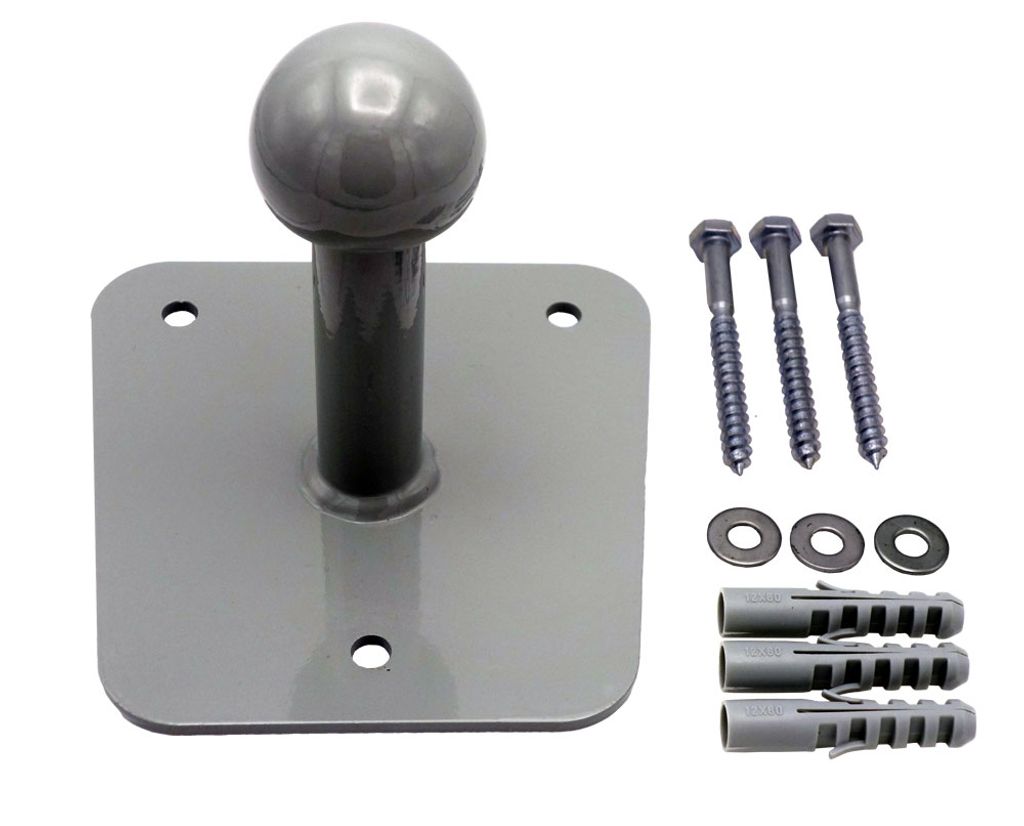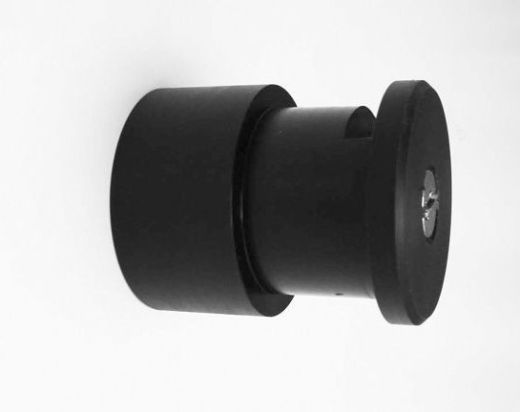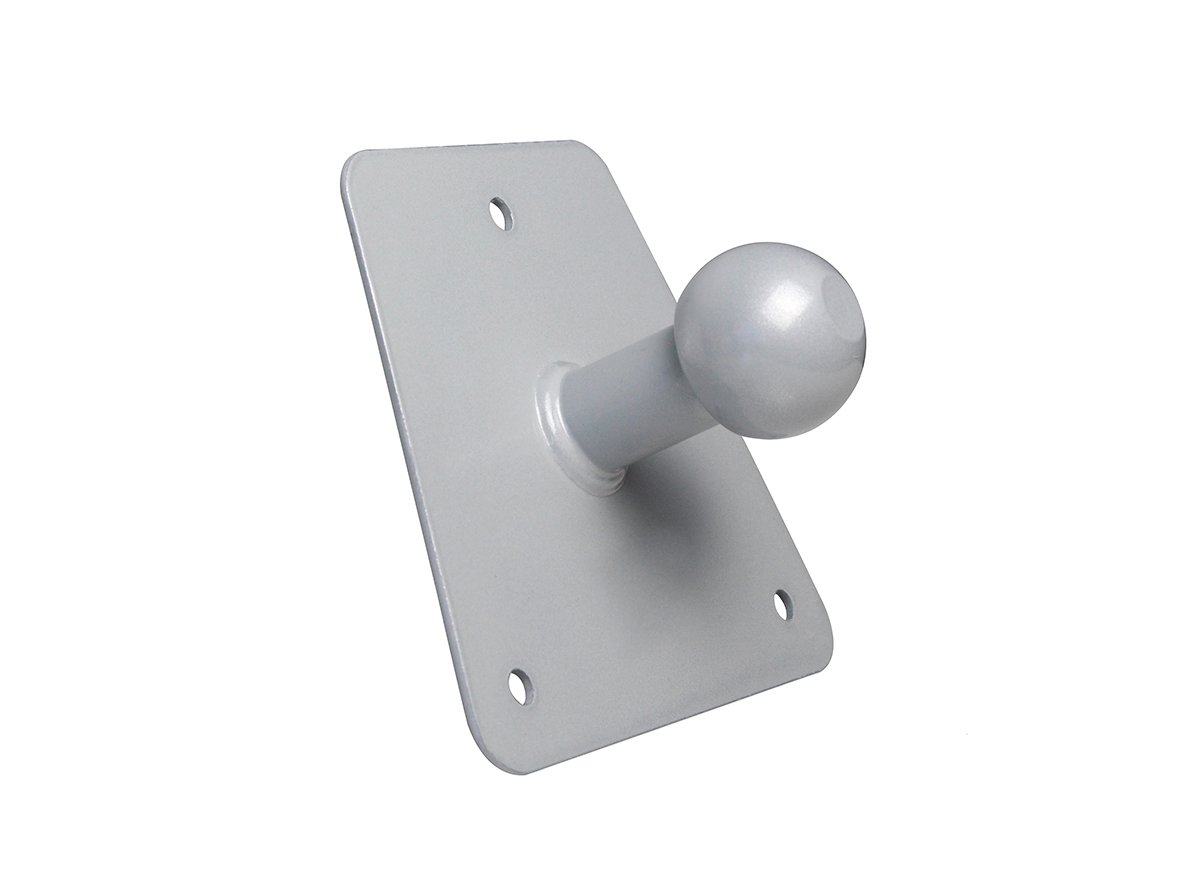
ATERA Strada Sport M 2 Fahrradträger 022684 für 3 Räder 2+1 | ATERA Fahrradträger | Fahrradträger Kupplung | Fahrradträger | Heck | A.T.I. Autoteile Immler

Fahrradträger Kupplungsträger Wandhalter Wandhalterung ATera Eufab THULe MFt | zubehör Fahrradträger | FAHRRADTRÄGER | Rangierhilfen Profi24

Atera Strada Wandhalterung Fahrrad Heckträger Zubehör in Bayern - Weißensberg | Fahrrad Zubehör gebraucht kaufen | eBay Kleinanzeigen

Atera Wandhalterung für Atera Strada Fahrradheckträger - 022636 | Heckträger Zubehör | Anhängerkupplung | Fahrradträger | Transportsysteme | kfzparts24.de
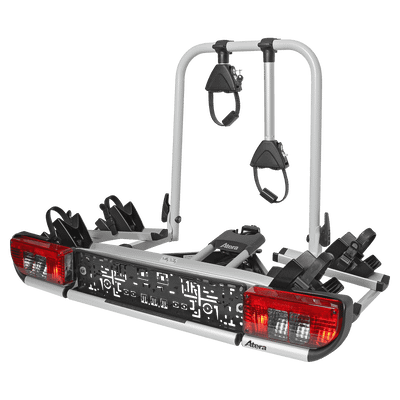
Fahrradträger Atera Strada E-Bike - für 2 Fahrräder, erweiterbar auf 3 Fahrräder Montage auf der Anhängerkupplung Nutzlast: 60 kg bei Rameder

Atera Strada EVO 3 - AHK Heckträger für 3 Fahrräder - 022701 | 3 Fahrräder | Anhängerkupplung | Fahrradträger | Transportsysteme | kfzparts24.de

Unsere wiederverwendbaren Fahrradträger Montage Kits Atera Wandhalterung (schwarz, Atera Strada DL 2/3) sind selten und ihr Geld wert

Atera Fahrradheckträger Strada E-Bike Black Edition - Trägersystem für 2 E-Bikes jetzt bestellen! | A.T.U Auto-Teile-Unger

Atera Strada Wandhalterung Fahrrad Heckträger Zubehör in Bayern - Weißensberg | Fahrrad Zubehör gebraucht kaufen | eBay Kleinanzeigen

Atera Wandhalterung für Atera Strada Fahrradheckträger - 022636 | Heckträger Zubehör | Anhängerkupplung | Fahrradträger | Transportsysteme | kfzparts24.de
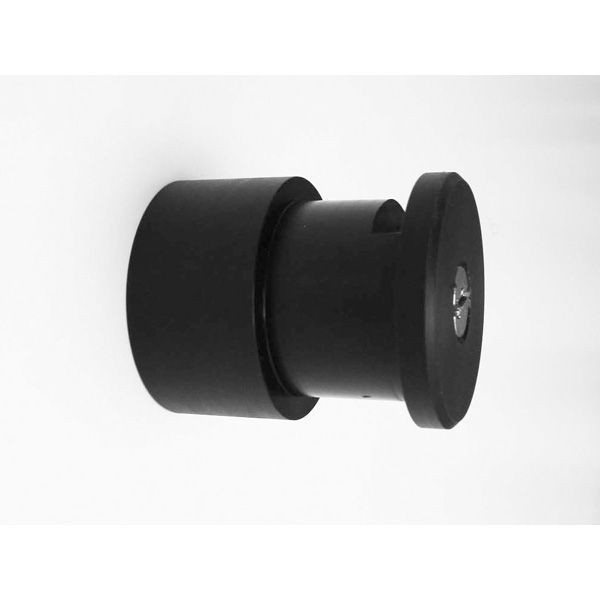
ATERA Wandhalterung 022636 für ATERA STRADA Fahrradträger | Sonstiges | Weitere Artikel | A.T.I. Autoteile Immler


